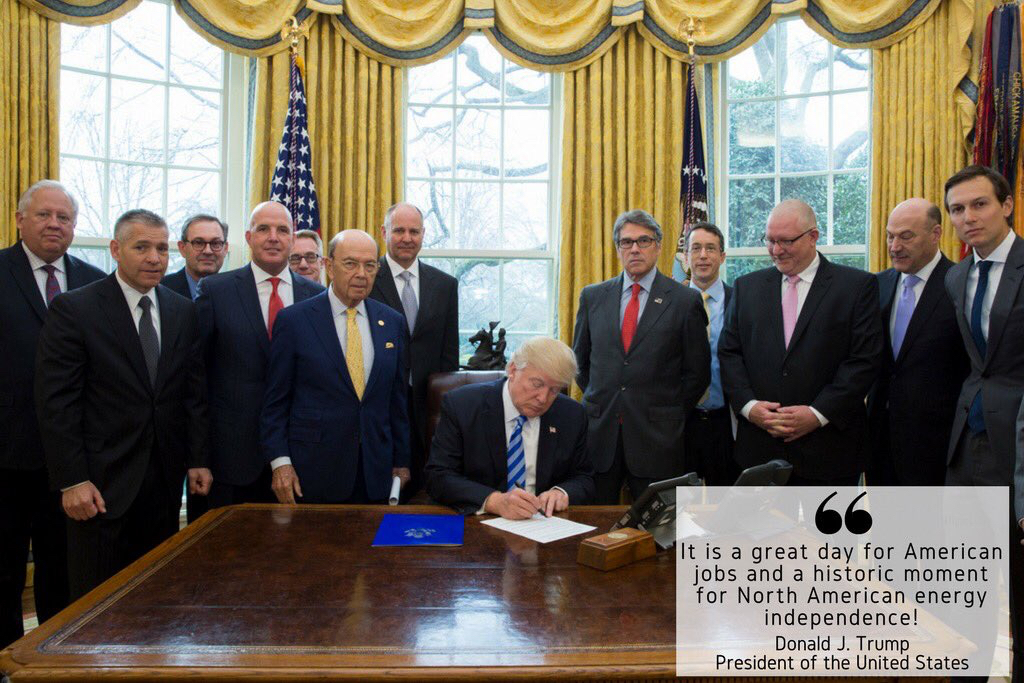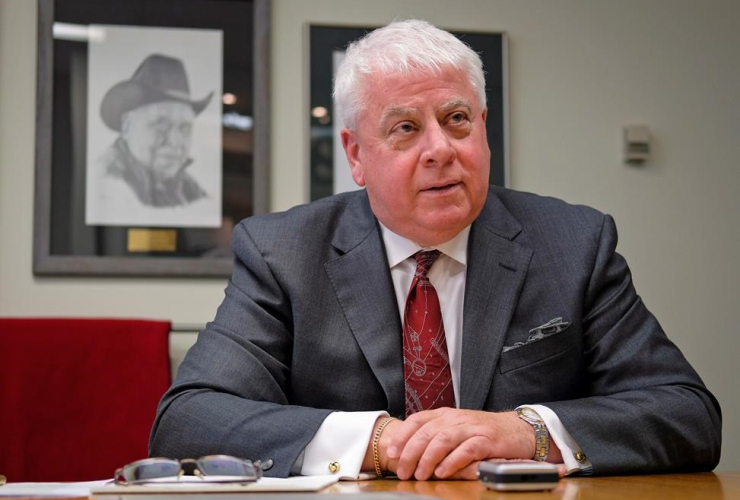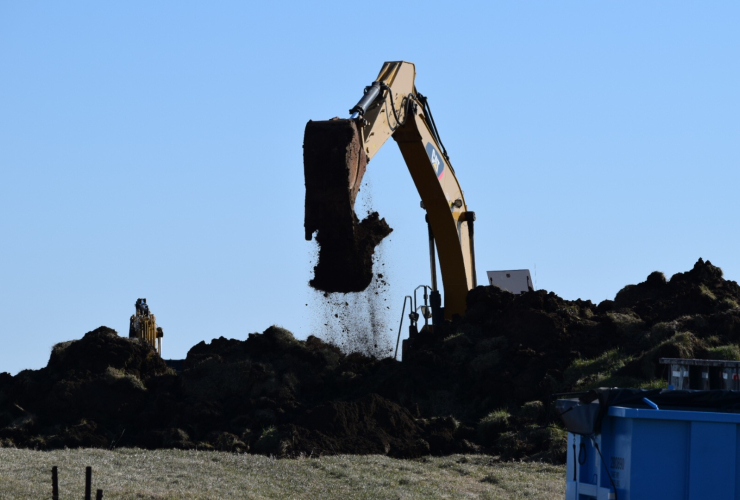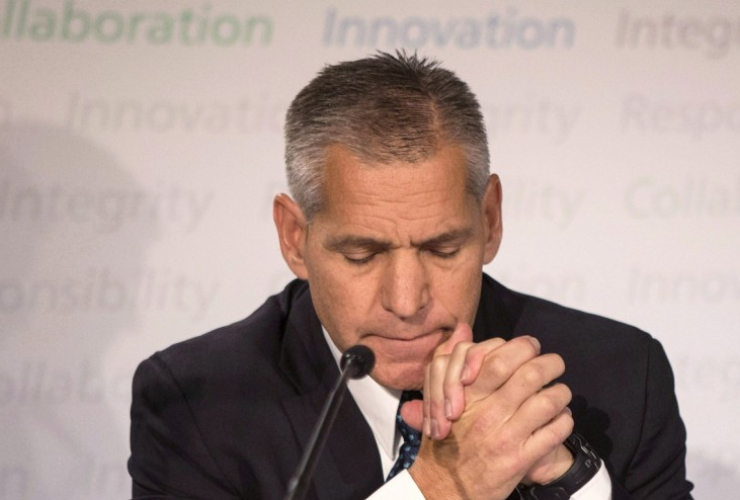There wasn’t any reported leak on TransCanada's Keystone pipeline last week.
This despite the fact that many of you reading this today might believe that there was an environmental disaster on the crude oil pipeline operated by the Canadian energy giant.
At the heart of the confusion is a National Observer article that all of you have probably seen by now.
I’ve noticed with some bewilderment that readers are flocking in droves to read this report about a leak on the Keystone pipeline. At last count, nearly 200,000 of you had read it for the first time over the past week, believing it to be true.
And it was — except that it happened last year — April 2016.
As most of you know, TransCanada is working on a plan to build a major pipeline, Keystone XL, that was recently approved by U.S. President Donald Trump. At the time, the president described the project as "some big pipeline."
And I can only speculate that someone who was searching for information about leaks may have seen the earlier report and assumed that it had just happened.
U.S. President Donald Trump announces in March 2017 that he is approving the Keystone XL pipeline. Video by Riley Sparks
Failure of leak-detection technology?
TransCanada is a Calgary-based energy giant that wants to build two major North American pipelines — Keystone XL and Energy East — the latter arguably being the biggest ever proposed on the continent with a capacity of 1.1 million barrels of oil per day.
My article from last year quoted a regulatory official who said that a landowner was the one who reported the leak. It wasn’t immediately clear whether TransCanada’s leak detection system was working.
Pipeline engineers say that up to two per cent of the volume of oil flowing on a pipeline can leak without being detected.
So on a pipeline that is shipping 500,000 barrels a day, this could mean up to 10,000 barrels a day are leaking without being detected by the existing technology.
Like other pipeline companies, TransCanada often says that it's overall safety performance is solid as it strives for meeting a goal of zero incidents. TransCanada also says that it learns from past mistakes to improve its practices.
Montrealers call for a public inquiry into Canada's energy regulator during a protest on March 28, 2017 outside a downtown hotel. Video by Clothilde Goujard
The rest of the story about TransCanada and the pipeline industry
Meantime, since this April 2016 leak occurred, more information has come to light about TransCanada’s safety practices. So for those of you discovering National Observer for the first time, here are a bunch of stories that will give you the full picture if you subscribe.
U.S. authorities identified a faulty weld as the source of the leak which brought oil to the surface. This matter is under investigation.
TransCanada's purchasing practices were also a trigger for a recent safety order, announced by Canada's pipeline regulator, the National Energy Board, to ban the use of substandard parts on pipeline infrastructure.
And this matches up with previous warnings, reported by National Observer, that were raised by whistleblowers about TransCanada and the regulators that are supposed to be providing oversight.
We already knew that TransCanada had been invited to edit an investigation report by Canada’s federal regulator on its safety practices.
The company was eventually cleared of allegations of unsafe construction practices once the final version of that report was released. Although, by coincidence, Canada's Transportation Safety Board is now investigating construction damage allegedly caused by a TransCanada crew on an Enbridge pipeline in Alberta.
But pipelines are largely considered to be safe modes of transporting oil, provided that society decides it wants to continue to producing and consuming this fossil fuel that contributes to climate change.
Pipelines are safer than tanker trains on railways, they're safer than tanker trucks on the roads and as Donald Trump says, pipelines are "the greatest technology known to man, or woman."
You believe the president don't you?
If you are skeptical, I'd invite you to keep reading more reports by National Observer and subscribing so that we can pursue investigations on topics that you need to know about, but that you won't find in any other major media outlet.






Comments